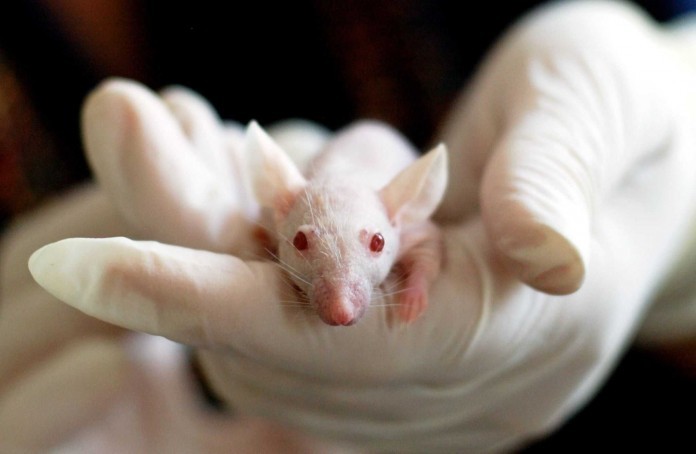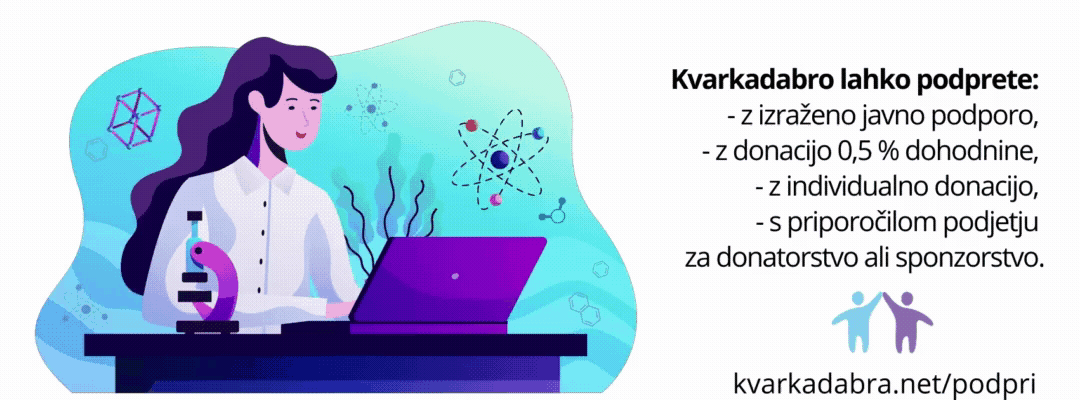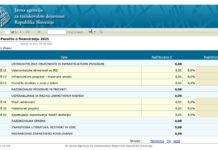V danes objavljenem članku v časopisu Dnevnik Je ARRS izpustil iz rok evropske milijone ali se je zgolj modro odločil? med drugim piše, da:
se ARRS za evropska sredstva ni prijavil »na pobudo in v dogovoru z ministrstvom«, so povedali. Letos se v agenciji namreč osredotočajo na razpis za sredstva v okviru ERC (Evropskega raziskovalnega sveta), ki bo tudi namenjen predvsem mlajšim raziskovalcem, pravijo. Na razpisih ERC lahko potem posamezni znanstveniki oziroma njihove skupine pridobijo do 2,5 milijona evrov.
Takega razpisa ERC, za štipendije “Fellowship to visit ERC grantee”, NI in zato za ta program tudi ni EU sredstev! ERC le podpira to iniciativo in podaja priporočila/smernice. Ima pa program/razpis, ki ga ARRS sedaj pripravlja, enak namen kot program Cofund MSCA – to je “opolnomočiti” individualnega raziskovalca z mednarodnimi izkušnjami.
Razlika je ta, da je “Fellowship to visit ERC grantee” osredotočen oziroma omejen na obisk “ERC granteejev” in da naj bi štipendisti nato tudi kandidirali na ERC razpisu. V obeh primerih raziskovalec, raziskovalka pridobi mednarodne izkušnje in reference, ki so jim v pomoč pri nadaljnji karieri. Prednost razpisa MSCA Cofund je odprtost. Kot so zapisali na ERC-u, “ERC grantee-ji” niso zavezani sprejeti dobitnikov štipendij “Fellowship to visit ERC grantee”. Program pa je nov, tako, da ni izkušenj.
Zastavlja se vprašanje ali so na ARRS preučili možnost, da bi z razpisom “Fellowship to visit ERC grantee”, ki ga sedaj pripravljajo kandidirali na razpisu MSCA Cofund septembra 2016. Omejitev bi lahko bila prevelika osredotočenosti na ERC grantee-je, vsekakor bi veljalo preveriti na evropski komisiji (morda tudi so). Pomembno bi bilo izvedeti tudi koliko denarja je MIZŠ namenil za ERC štipendije.
Še primerjava namena MSCA COFUND in ERC “Fellowship to visit grantee”:
The COFUND scheme aims to stimulate regional, national or international programmes to foster excellence in researchers’ training, mobility and career development, spreading the best practices of Marie Skłodowska-Curie actions. This will be achieved by co-funding new or existing regional, national, and international programmes to open up to, and provide for, international, intersectoral and interdisciplinary research training, as well as transnational and cross-sectoral mobility of researchers at all stages of their career. … Applicants submit multi-annual proposals for new or existing doctoral programmes or fellowship programmes which are expected to have an impact on enhancing research- and innovation related human resources on regional, national or international level.
ERC “Fellowship to visit grantee”: Research funded by the ERC is therefore expected to lead to advances at the boundaries of knowledge, but also to set a clear and inspirational target for the organisation of frontier research across Europe. To achieve this goal the ERC must enhance the full potential for frontier research available across Europe. The Scientific Council of the ERC acknowledges that the low international exposure of researchers in certain European countries may hinder the recognition of the full research potential there. The ERC therefore encourages national and/or regional authorities and organisations to set up visiting fellowship programmes to fund potential candidates for the ERC’s calls to visit the teams of existing ERC-funded Principal Investigators. Such schemes will allow the selected candidates to strengthen their research profile and vision in an internationally competitive research environment before applying for an ERC grant. … The ERC underlines that the decision to accept visiting fellows is for each ERC-funded Principal Investigator to make on a purely voluntary basis. Such programmes will be managed by the relevant national or regional authority or organisation. The expectation of the ERC is that the extra costs of the implementation of the scheme will be fully covered by its promoters. (Vir: Fellowship_Visit_ERC_Grantee.pdf)


















link na članek v Dnevniku :
http://physics.fe.uni-lj.si/members/iglic/history/clanek_05112016.pdf